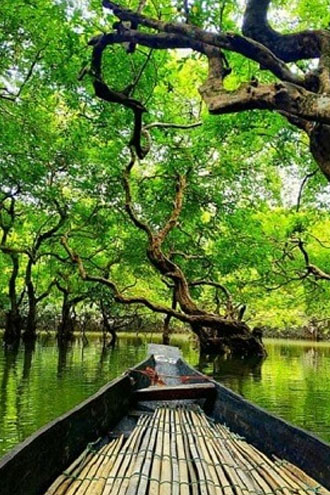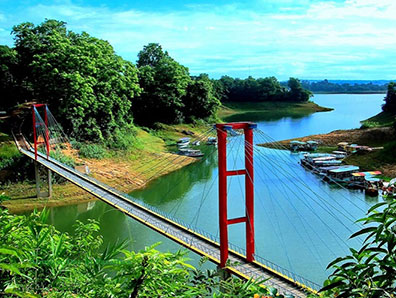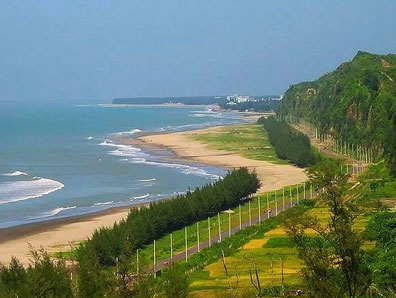Martinique is an island country located in the Caribbean Sea, an overseas region of France. It is situated in the Lesser Antilles, north of Saint Lucia and south of Dominica. The capital and largest city is Fort-de-France. The population of Martinique is around 385,000 people.
Martinique is an overseas department and region of France, which means it is part of the European Union and the French Republic. It has a unique political status and has its own parliament, but the French president is its head of state, and the French Government takes care of defense, foreign policy, and currency. The official language is French, but Creole is also widely spoken. The majority of the population is Roman Catholic.
The economy of Martinique is heavily dependent on agriculture, particularly sugarcane, bananas, and rum production, as well as on tourism. The government has been implementing economic reforms and trying to attract foreign investment to diversify the economy and create jobs. Despite that, the economy remains one of the most developed in the Caribbean, with a high standard of living.
Martinique has a rich cultural heritage, with a mix of French and West African influences. The country is known for its natural beauty, including the Mount Pelee and the La Caravelle Peninsula, as well as its traditional culture and customs, such as the Creole Festival and the Fête de la Musique, as well as its art, architecture, and literature, as well as its traditional music, dance, and cuisine. The island is also known for its beaches, warm climate, and the Mont Pelée volcano.


